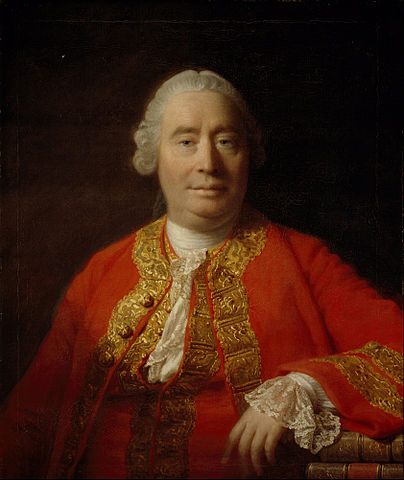What is Value Blindness?
Devra Torres | Jan 16, 2015
Abby Johnson, abortion clinic director turned prolife activist, has this to say about her former line of work:
There are a few pretty common questions that you get when you leave the abortion industry.
How did you not see that it was a baby? How did you not realize that you were killing babies? How did you see these babies in the POC lab and not leave? (The POC lab is where the fetal body parts are put back together after an abortion). How did you have a baby and not see the problem in what you were doing?
My answer…
I don’t know. I don’t know. I don’t know. I don’t know. Guys, I don’t know. It doesn’t make sense. I don’t understand it. I know I’m a smart person, and yet I was duped by the abortion industry for eight years. Why did it take so long for me to see the truth? I don’t know.
--Abby Johnson, in this blogpost
I do. Or at least, there’s a name for it: “value blindness,” a term coined by Dietrich von Hildebrand.
Abby recognizes one aspect of it, too:
The fact that I don’t have answers to these questions only affirms that we are fighting a spiritual battle. We are fighting evil…and evil that will literally blind you to the truth. Sin blinds you.

Von Hildebrand didn’t invent the concept of spiritual blindness, but he delved into the idea, made some distinctions, and articulated his findings. (Don't let the word "value” fool you: for von Hildebrand, a value is a decidedly objective reality.)
As he explains in Fundamental Moral Attitudes:
As long as a man blindly disregards the moral values of other persons, as long as he does not distinguish the positive value which inheres in truth, and the negative value which is proper to error, as long as he does not understand the value which inheres in the life of man, and the negative value attached to an injustice, will he be incapable of moral goodness. [emphasis mine]
Being able to see values in the first place is crucial. This is not just a theoretical question.
...only the man who grasps the sublime demand of values, their call, and the duty to turn toward them and to let oneself be formed by their law, is capable of personally realizing moral values. Only the man who can see beyond his subjective horizon and who, free from pride and concupiscence, does not always ask, "what is satisfying for me?", but who, leaving behind him all narrowness, abandons himself to that which is important in itself—the beautiful, the good—and subordinates himself to it, only he can become the bearer of moral values. [emphasis mine again]
Here's an idea that's foreign to many of us today: there are things that contain within them a "call" and a "duty." Even if we consciously reject moral relativism, it's hard to avoid being infected by David Hume's spurious fact-value divide.

This is the idea that, on the one hand, you have realities; on the other, values. On the one hand, the facts; on the other, free-floating ideas of goodness and badness. On the one hand, the "is"; on the other, the "ought." You can't, he says, derive an "ought" from an "is."
But it's not a question of deriving one from the other, but of being able to see that one inheres in the other.
As von Hildebrand points out, the ability to perceive values requires reverence—the subject of my last post.
Now these marks can be found only in the man who possesses reverence. Reverence is the attitude which can be designated as the mother of all moral life, for in it man first takes a position toward the world which opens his spiritual eyes and enables him to grasp values.
Value blindness can afflict individuals, but you can also see it at work in entire eras. We can look back and wonder how former generations could be so oblivious to the evil of slavery. Future generations (I sure hope!) will look back and wonder how in the world we managed to not see the evil and mischief and nonsense of wanting to invent three-parent babies, or the belief that, given enough surgery and hormones, you can turn a man into a woman.
Sometimes it takes generations. Sometimes, as with Abby Johnson, the shift comes within a person's own lifetime.
But value blindness is curable.

